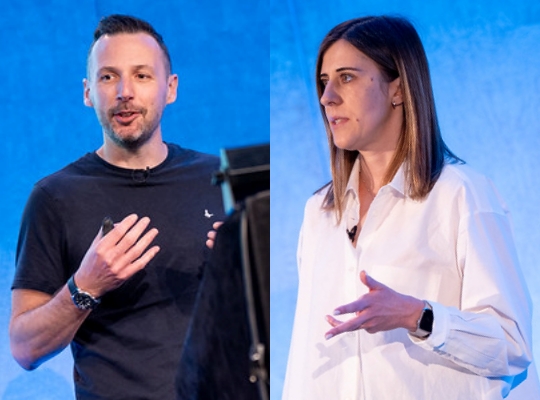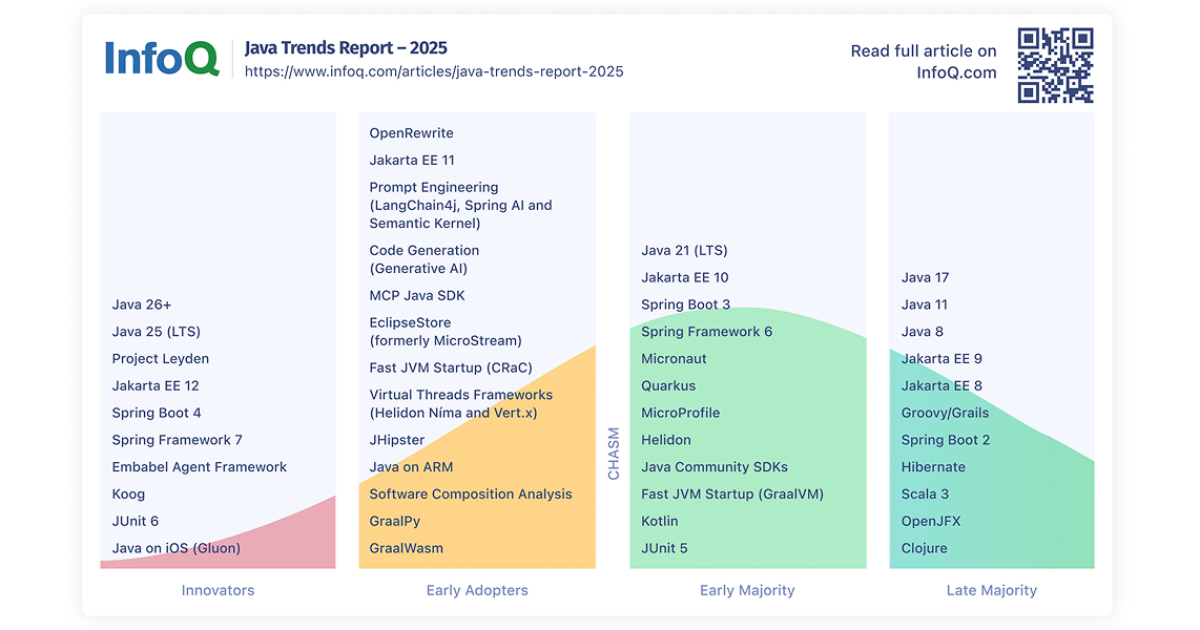Codetown
Codetown ::: a software developer's community
What's the difference between Grid computing and Cloud Computing
I don't clearly catch the difference betwenn these two concept. Someone told me that the essential différence is that the cloud computing give you a large space of storage and the grig give more advantages than storage, we can profit to much power with this last.
Does any one know more clearly these two concept; and tell us?
Tags:
Replies to This Discussion
-
Permalink Reply by Thomas Michaud on October 26, 2011 at 3:38pm
-
I don't claim to be the expert, but the difference is (I think) in use.
Grid represents a scalable framework. You write your algorithm and your code and use as much computing power as you wallet can afford. (Useful as some work can be highly parallelizable) .
Cloud computing offers storage (true) but it's also represents the applications as well. Ideally with cloud computing, you don't need to have certain applications on your desktop - as long as you can hit the cloud, you can get, update, and use your data.
-
-
Permalink Reply by Hervé-greg MOKWABO on October 26, 2011 at 3:49pm
-
Thanks thomas;
What I got :
Grid - much computing power and can be highly parallelizable
Cloud - Storage and dont need to have certain applications on your desktop ( that's just like server application?)
Someone can tell us more?
-
-
Permalink Reply by Bradlee Sargent on October 27, 2011 at 10:58pm
-
I think if you look at the history, you will understand some difference.
In my own experience, the grid began with Oracle using it as a type of metadatabase, which would point to multiple databases residing on different but uniform hardware systems. So if a company had multiple unix boxes and needed to increase the size of their database, instead of purchasing additional hardware they could implement the grid database and combine their multiple unix servers into one database resource.
Cloud is much more in terms of it offering not only a database, but also an entire server including the operating system.
The cloud exposes an operating system, whereas a grid exposes a database.
But I am no buzz word expert so I might be wrong.
-
-
Permalink Reply by Jackie Gleason on October 28, 2011 at 10:17am
-
I just talked to a buddy about this, essentially the Oracle Grid product is differant because it runs the DB in memory. So access times are a lot quicker. I don't think it is really a matter of Vs. so much as Grid computing is a way to handle db transactions in a faster way.
He said their grid servers had something like 72gbs of ram. Freaking crazy
-
-
Permalink Reply by Hervé-greg MOKWABO on November 29, 2011 at 10:33am
-
Please Bradley, wha do you think about Jackie's reaction?
-
Notes
Welcome to Codetown!
 Codetown is a social network. It's got blogs, forums, groups, personal pages and more! You might think of Codetown as a funky camper van with lots of compartments for your stuff and a great multimedia system, too! Best of all, Codetown has room for all of your friends.
Codetown is a social network. It's got blogs, forums, groups, personal pages and more! You might think of Codetown as a funky camper van with lots of compartments for your stuff and a great multimedia system, too! Best of all, Codetown has room for all of your friends.
Created by Michael Levin Dec 18, 2008 at 6:56pm. Last updated by Michael Levin May 4, 2018.
Looking for Jobs or Staff?
Check out the Codetown Jobs group.
InfoQ Reading List
Presentation: Empowering Teams: Decentralizing Architectural Decision-Making

Peter Hunter & Elena Stojmilova share Open GI's journey from a slow, legacy monolith to a cloud-native SaaS platform. They detail how adopting Team Topologies and a decentralized architectural approach empowered teams. Key practices discussed include utilizing Domain-Driven Design to create a Context Map, implementing the Advice Process with Architectural Principles, and more.
By Peter Hunter, Elena StojmilovaPodcast: Leading from Any Position: Richard Bown on Humane Engineering Organizations

In this podcast, Shane Hastie, Lead Editor for Culture & Methods, spoke to Richard Bown about transitioning from management back to individual contributor roles, leading from any position, and creating humane engineering organizations.
By Richard BownNew Front-End Framework Ripple Blends React and Svelte Together

Ripple is a new open-source front-end framework taking ideas from React, SolidJS, and Svelte into a TypeScript-first, component-oriented, JSX-like compiled language with fine-grained reactivity and scoped CSS. Ripple offers a reactivity system with automatic dependency tracking, and direct DOM updates without a virtual DOM. Ripple aims to support better debugging through AI agents.
By Bruno CouriolLearnings from Cultivating Machine Learning Engineers as a Team Manager

As an AI team manager, Vivek Gupta stays broadly informed to guide AI experts effectively and drive the team. Engineers need feedback on both technical and interpersonal skills, Gupta mentioned at Dev Summit Boston. He stresses learning time, asking for help, and cross-team collaboration. Mentorship, data handling, and human-in-the-loop validation are key to success for machine learning engineers.
By Ben LindersArticle: InfoQ Java Trends Report 2025

This report summarizes how the InfoQ Java editorial team and several Java Champions currently see the adoption of technology and emerging trends within the Java and JVM space in 2025. We focus on Java the language, as well as related languages like Kotlin and Scala, the Java Virtual Machine (JVM), and Java-based frameworks and utilities.
By Michael Redlich, Erik Costlow, Karsten Silz, Trisha Gee, Marit van Dijk, Richard Fichtner, Bert Jan Schrijver
© 2025 Created by Michael Levin.
Powered by
![]()